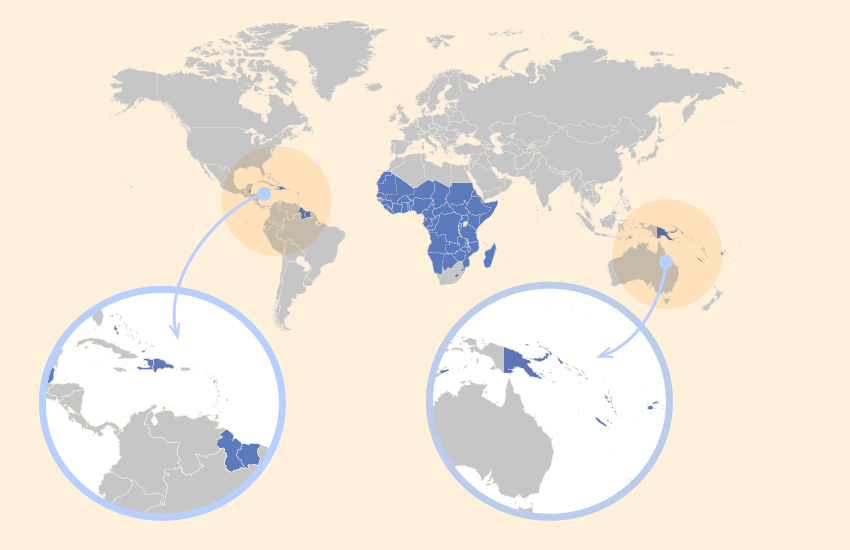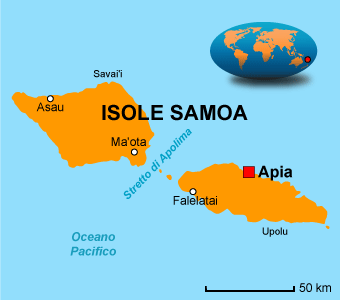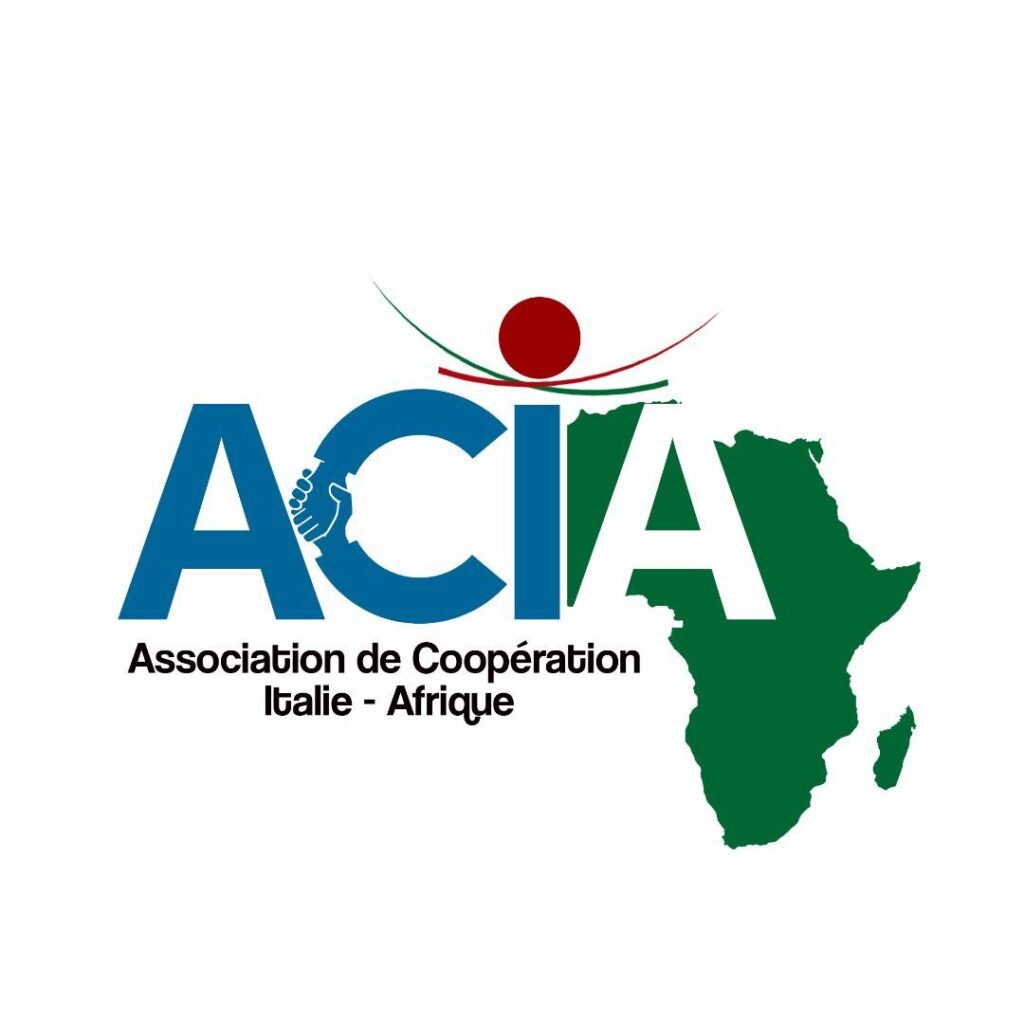Historical Background of the Post-Cotonou Agreement
The Post-Cotonou Agreement, signed in 2000, was a milestone in relations between the European Union (EU) and the African, Caribbean and Pacific (ACP) countries. This agreement followed in the footsteps of the Cotonou Agreement, which in turn was based on previous treaties such as the Lomé Convention. These agreements have been instrumental in promoting economic, political and social cooperation between the EU and ACP countries.
In recent decades, the global geopolitical, economic and social landscape has undergone significant transformations. The end of the Cold War reshaped international alliances and saw the emergence of new economic and political powers. At the same time, globalisation has accelerated the flow of goods, services, capital and people, profoundly transforming the economies and societies of ACP and EU countries.

These changes have highlighted the need to update the Cotonou Agreement to better respond to new challenges and opportunities. ACP economies have begun to diversify, moving from subsistence farming to more industrialised and service-oriented sectors. Social issues, such as migration, urbanisation and climate change, have also become increasingly relevant, requiring an integrated and multilateral approach.
Furthermore, the EU recognised the importance of strengthening ties with ACP countries to promote regional and global stability. Cooperation in the political sphere has become crucial to jointly address issues such as security, governance and human rights. The economic dimension has also seen an increasing focus on sustainable development and the Sustainable Development Goals (SDGs) of the United Nations.
In light of these developments, the Post-Cotonou Agreement stands as an updated and dynamic framework, capable of adapting to the contemporary and future needs of relations between the EU and ACP countries. The need for a renewed agreement reflects not only global changes, but also the commitment of the parties involved to build a more balanced and mutually beneficial partnership.
The Negotiation Process and the Signing of the Samoa Agreement
15 November marks a milestone in relations between the European Union (EU) and the African, Caribbean and Pacific (ACP) countries with the signing of the new Samoa Agreement. This agreement is the result of a long and complex negotiation process involving several key actors, including representatives of the EU, leaders of ACP countries and other stakeholders. The negotiation of this agreement officially started in 2018, with the aim of replacing the Cotonou Agreement, which has governed relations between the two parties for more than two decades.
One of the most challenging aspects of the negotiations was balancing the different and often conflicting interests of the ACP and EU countries. Crucial issues discussed included trade, sustainable development, governance and human rights. During the negotiations, several challenges emerged, including the need to address economic and social inequalities, the management of natural resources and the response to climate change. Despite the difficulties, negotiators worked diligently to find compromises that could satisfy both sides.
With respect to the Post-Cotonou Agreement, the Samoa Agreement introduces several significant changes. These include an increased focus on regional cooperation, a renewed commitment to promoting sustainable development and a greater emphasis on gender equality and social inclusion. In addition, the agreement provides for stronger mechanisms to address global challenges, such as migration and security. These changes reflect a shared vision for a more prosperous and inclusive future, based on equitable partnerships that respect the different needs and priorities of the countries involved.
Expectations for the future are high, with the hope that the Samoa Agreement will boost a new era of cooperation and development between the EU and the ACP countries. The signing of the agreement marks a significant step in this direction, laying the foundations for a stronger and more strategic partnership, capable of addressing global challenges and promoting sustainable growth for all member countries.
The Main Innovations of the Samoa Agreement
The Samoa Agreement represents a significant turning point in relations between the European Union (EU) and African, Caribbean and Pacific (ACP) countries, introducing a number of innovations aimed at improving cooperation and promoting sustainable development. Among the main innovations are new cooperation instruments and mechanisms, which are designed to address contemporary global challenges more effectively.
A central aspect of the Samoa Agreement is its emphasis on sustainable development. This agreement recognises the importance of integrating the economic, social and environmental dimensions of development, promoting practices that do not compromise resources for future generations. In this context, priority is given to projects that support the transition to low-carbon and climate-resilient economies.

Technological innovation is another key pillar of the Samoa Agreement. Cooperation is encouraged in areas such as digitisation and access to emerging technologies, with the aim of reducing the digital divide and promoting technological inclusion. This approach is key to stimulating economic growth and improving the quality of life in ACP countries.
Governance and human rights were elevated to top priorities in the Samoa Agreement. Transparent and accountable governance is promoted, along with respect for fundamental human rights. This is crucial to create stable and secure environments that can attract investment and foster equitable and inclusive development.
The Samoa Agreement introduces new mechanisms for monitoring and evaluating the effectiveness of the agreement. These mechanisms are essential to ensure that the set objectives are met and to make any necessary course corrections. Transparency and accountability are central to this process, ensuring that all parties involved are informed and can contribute to the overall success of the agreement.
Implications and Future Prospects of EU-ACP Relations
The Samoa Agreement represents a turning point in relations between the European Union (EU) and the African, Caribbean and Pacific (ACP) countries. This agreement not only renews the commitment to cooperation and development, but also introduces new paradigms that could have profound economic and social implications for the countries involved. The adoption of more inclusive and sustainable policies is at the heart of this agreement, with the aim of promoting equitable economic growth and resilient societies.
In economic terms, the Samoa Agreement aims to facilitate trade and investment between the EU and ACP countries, offering significant opportunities for private sector development. ACP economies could benefit from greater access to European markets, facilitating the expansion of exports and the attraction of foreign direct investment. However, to maximise these benefits, it is essential that ACP countries implement structural reforms and improve their productive and infrastructural capacities.
From a social perspective, the agreement places special emphasis on the promotion of human rights, gender equality and social inclusion. These aspects are crucial to ensure sustainable and inclusive development that leaves no community behind. Joint initiatives between the EU and ACP countries aim to strengthen education and health systems, improve access to basic services and address climate change challenges.
Future perspectives of EU-ACP relations will largely depend on the ability of the parties involved to cooperate effectively and adapt to global changes. The importance of the Samoa Agreement in the context of international relations lies in its ability to serve as a model for other forms of global cooperation, promoting a multilateralist approach based on shared values. Strategies to maximise mutual benefits include strengthening institutional capacity, promoting public-private partnerships and aligning national policies with sustainable development goals.



